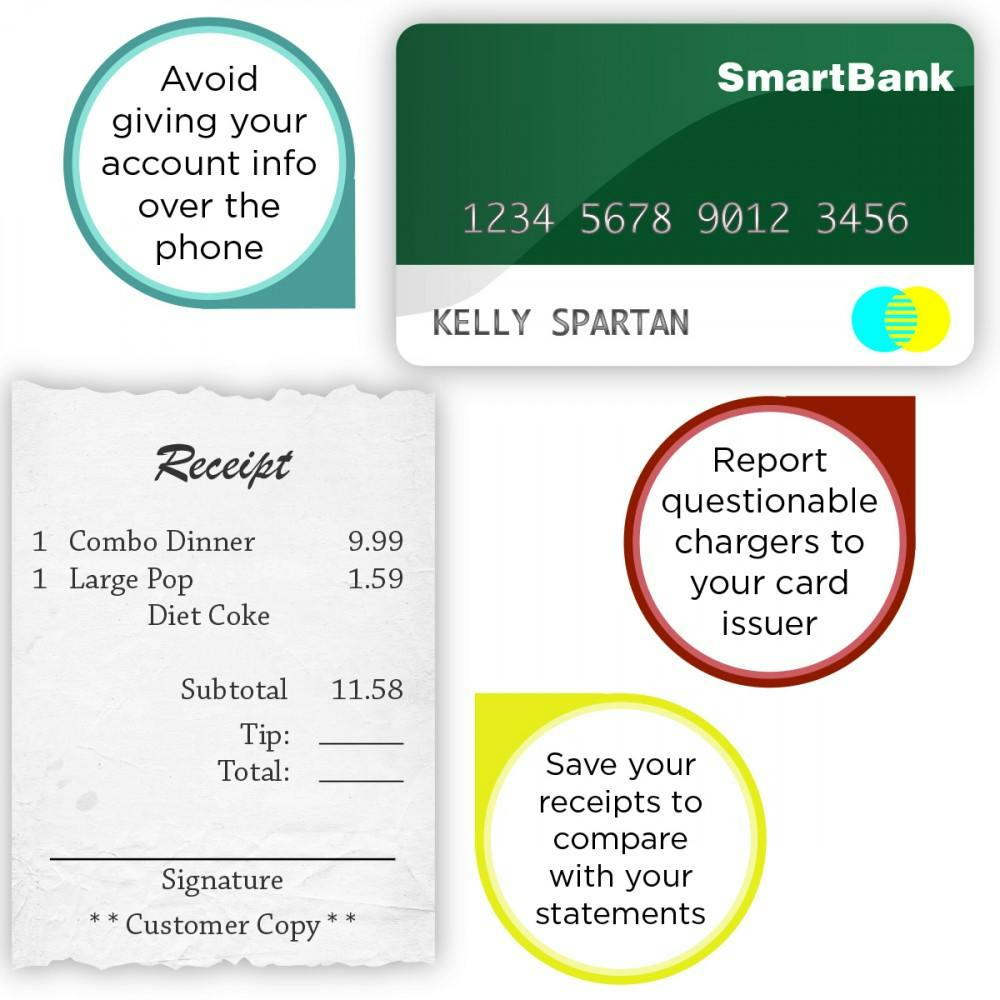Credit card fraud is unfortunately an ever-present aspect of today’s world, and something every consumer should be aware and conscious of.
Credit card theft and fraud cases happen frequently at MSU, and can be prevented with simple security measures.
The biggest concern for FICO, a software company known for the FICO credit scores, is card-not-present, or CNP fraud, which grew far faster than all other types of fraud. CNP refers to a purchase a consumer makes without physically showing his or her card, i.e., online shopping or purchasing goods over the phone.
According to FICO’s report, CNP fraud grew to more than 25 percent. The next largest increase was counterfeit fraud with just a 14 percent jump. CNP fraud accounted for 47 percent of all credit card fraud.
According to Statistic Brain, an online source for anything numbers related, 10 percent of Americans have fallen victim to credit card fraud, and 7 percent have suffered debit or ATM card fraud. Statistic Brain also found that a vast majority of fraud cases begin in an email inbox. Of all fraud cases, 48 percent of the time the initial point of contact was via email. Students should be careful when logging on, and never open questionable emails.
No one is absolutely safe from card fraud, not even MSU students. The MSU police issued an arrest summary report covering 2010 to 2013. In the report MSU police showed 25 arrests were made for credit card fraud.
The good news, however, is the risk of credit card fraud can be substantially lowered by following some simple tips.
Sgt. Florene McGlothian-Taylor, public information officer for MSU Police, has some suggestions on how to avoid fraud.
McGlothian-Taylor said, “You should never give out your PIN number. You can also secure credit cards in an RFID blocking credit card sleeve. You should also use a strong password and change it often and, most importantly, avoid clicking on links or attachments from unknown sources.”
An RFID, or radio frequency identification, sleeve keeps credit card safe from digital hacks of bank and credit card information. Currently, criminals can swipe credit and debit card information without even touching their victim’s wallet using RFID scanners.
There is also an RFID app that can be downloaded onto a smartphone. If an RFID reader or smartphone with an RFID app is within range of the card when it is making a purchase, the wireless signals being transmitted by the card can be read and stored by the hacker. The card’s information can then be put into a machine costing around $300 to $400 which will create a duplicate card. An RFID sleeve around credit cards in your wallet will prevent such thefts.
Both MSU police and FTC offer safety tips online which are simple, yet effective. For instance, students should never give away credit card information or bank account numbers over the phone unless the company is known to be reputable or a person placed the call themselves. It’s also very important to report lost cards immediately. Most financial institutions have 24-hour toll-free numbers to call and report a lost or stolen card.







